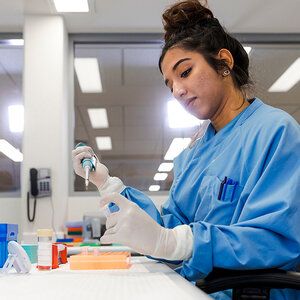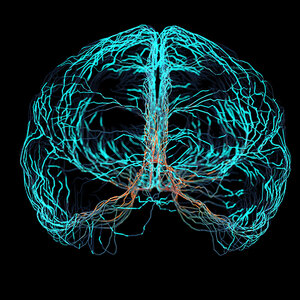$2 million awarded for development of early ALS diagnostic tools

ALS Finding a Cure (ALSFAC) and the ALS Association (ALSA) have announced seven grants totaling $2 million to support the development of early diagnostics for amyotrophic lateral sclerosis (ALS).
The grants will increase the number of projects supported by ALSFAC’s Early ALS Diagnostics Initiative, which funds research to identify promising molecular, digital, imaging, and electrophysiological diagnostic approaches for ALS.
According to ALSFAC, there are no universally accepted approaches for diagnosing ALS, which can take a year or longer to identify following a battery of tests intended to rule out other conditions and may result in patients receiving unnecessary and expensive surgical procedures and medications that can make them ineligible for clinical trials for ALS treatments.
Grant recipients include Erez Eitan (NeuroDex—Natick, Massachusetts), Roisin McMackin (Trinity College—Dublin, Ireland), Patrick Oeckl (Ulm University Hospital—Ulm, Germany), Ian Thrippleton (NemDx—Auberndale, Massachusetts), Philip C. Wong (Johns Hopkins University—Baltimore), and separate grants to Mark Garret and Ghazaleh Sadri-Vakili (Massachusetts General Hospital/Harvard Medical School—Boston).
“The longer it takes for someone to be diagnosed, the longer they are waiting to access the multidisciplinary care, treatments, and trials that may help them live longer or with a better quality of life,” said ALSA senior vice president of research Kuldip Dave. “By combining our dollars, we can have a larger impact—funding more projects from researchers all around the world.”
(Photo credit: Getty Images/SolStock)






